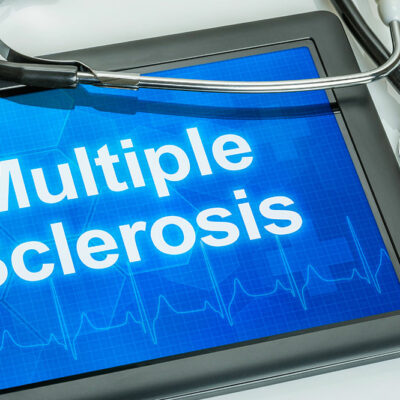
Colon Cancer in Men vs. Women
The manner in which colon cancer develops and progresses in men and women differs due to the variations in anatomy and hormones. Other factors that could affect the development of this form of cancer in men and women are diet and lifestyle. While all individuals need to be careful with their lifestyle and maintain their overall health, knowing the way the disease will behave also helps determine the treatment.
1. Incidence
Although, men and women are at equal risk of developing colon cancer, it is the third most common type of cancer to affect men, with men of African descent being more prone to it. It has also been found that colon cancer tends to develop at a younger age in men than in women.
2. Impact of risk factors
Factors such as excess weight, tobacco use, alcohol consumption and eating red and processed meats, which puts you at a higher risk of developing colon cancer, were found to be higher in men than in women. The impact of other risk factors such as inflammatory bowel disease was found to be the same for both genders.
3. Location of the tumor
For men, this tumor is most often located in the last part of the large intestine known as the sigmoid colon and in the rectum. In women, the cancerous tumor is usually found further up in the large intestine. Also, in women, the tumor is most often detected to be on the right side.
4. Variation in symptoms
Although the symptoms of colon cancer would be the same for both men and women, a few of them could differ due to the location of the tumor. For example, a tumor in the lower digestive tract, most often found in men, could result in bright red blood in the stool. A tumor higher up in the digestive tract, such as that found in women, could result in black or tarry stool.
5. Detection
Due to the location and symptoms exhibited, it is easier to detect colon cancer in the initial stages in men. It has been observed that 18% of men are diagnosed during stage 1 of this type of cancer compared to 16% of women.
6. Chances of survival
Although it tends to be detected early in men, this cancer is considered to be more dangerous for them than for women. This has been attributed to female hormones such as estrogen that could offer some protection from colon cancer.
Even though there is a difference in the way colon cancer develops, it is vital that both men and women understand the risk factors that make them more prone to this form of cancer. Consulting a doctor for regular screening tests would help with early detection and treatment.


